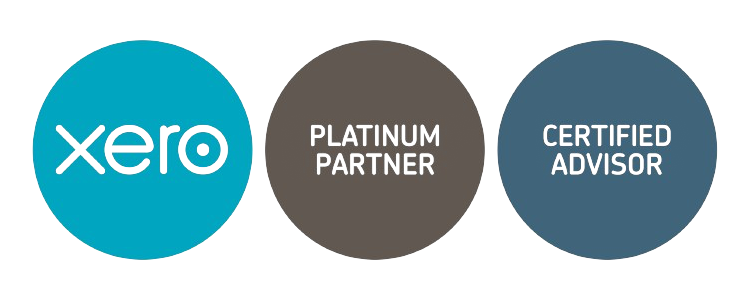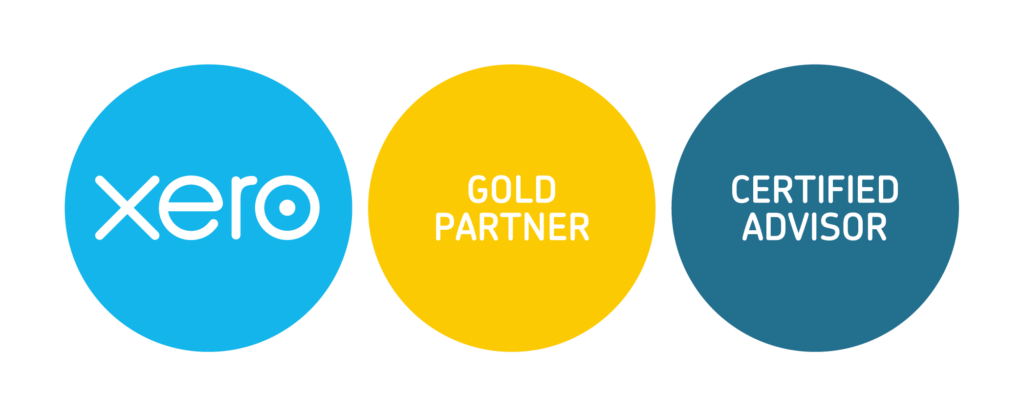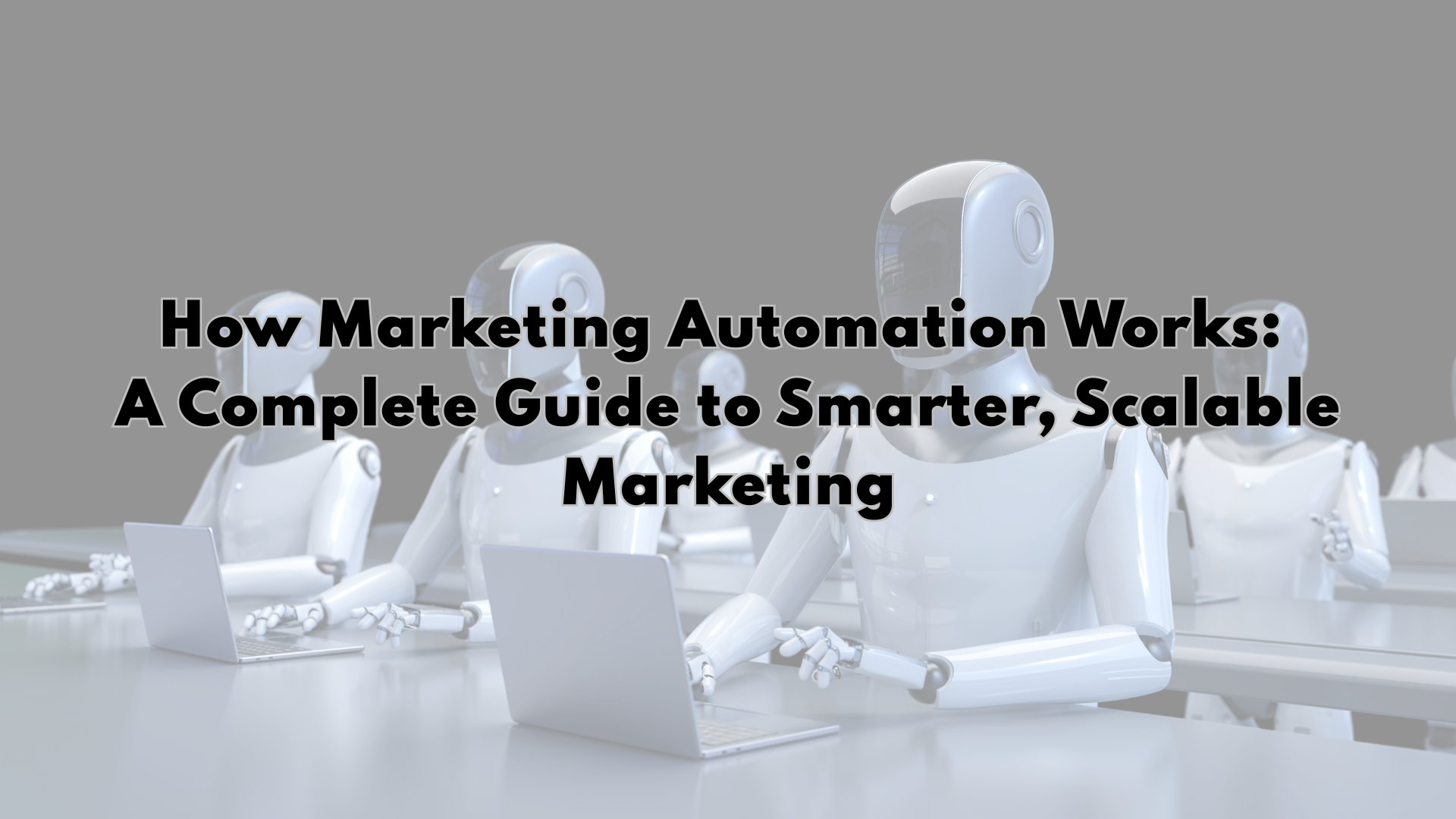CFO GROUP INTEGRATED SERVICES
How Does Payroll Work for a Small Business — And Why Getting It Wrong Will Cost You Big
CFO Group • May 22, 2025
Managing payroll for your team is a crucial task for small businesses in Singapore. It involves more than just calculating payments—it's about how to do payroll legally and efficiently for your business, especially as a small business owner. Here’s a comprehensive look at how payroll works for a small business, what you need to do, and how to stay compliant in Singapore.
1. The Payroll Rules You Can’t Afford to Break in Singapore
Small business owners must comply with Singapore’s Employment Act, which governs their employees' employment terms and working conditions. As an employer, you must ensure that all mandatory contributions, such as to the Central Provident Fund (CPF), are paid correctly for each employee.
You must set up an employer identification number and register with the relevant government authorities. CPF is required for small businesses employing Singapore Citizens or Permanent Residents.
You must also stay updated on obligations related to federal, state, and local workforce policies, though in Singapore, this typically refers to national regulations under agencies like MOM, IRAS, and CPF Board.
2. Messy Calculations? Here’s How to Get Wages Right Every Time
Payroll involves calculating the number of hours worked, overtime, commissions, and bonuses. Employers must understand how to calculate wages accurately for each employee, including deductions and benefits.
Processing payroll also means tracking the number of work hours per pay period, all of which is based on the employment contract. Depending on your setup, you may also need to consider compliance with programs like the Skills Development Levy (SDL) and the Minimum Retirement Sum (MRS).
3. Still Doing Payroll Manually? Here’s the Smarter Way
If you're not using accounting software or a payroll system, managing payroll manually can be time-consuming and prone to errors. That’s why many small businesses choose a payroll system to automate tasks.
You can also integrate your payroll platform with a local compliance tool to calculate CPF, SDL, and payroll taxes automatically. Doing payroll this way saves time and improves accuracy.
Want a reliable, affordable payroll solution for Singapore SMEs? Get accounting software and a done-for-you payroll solution with CFO Group — setup, support, and compliance all sorted.
4. Why Payslips Are Mandatory & What You Must Include
To maintain transparency, you have to issue itemized pay slips for your employees. This document must show deductions and gross pay, net pay, allowances, and bonuses for each employee.
Payslips should be issued on the same day as payment, whether weekly, bi-weekly, or monthly. This is a legal requirement under the Employment Act, and non-compliance can be penalized.
5. What the IRAS Expects: Payroll Taxes, Bonuses & Reporting Done Right
Employers must deduct and report payroll and income taxes to the IRAS. These taxes apply to each employee, and accurate records must be submitted to the IRAS annually.
The Annual Wage Supplement (AWS), or 13th-month bonus, can be a part of payroll planning. If you're unsure, consult the IRAS website or engage a payroll service to avoid costly errors.
6. Set the Right Payroll Cycle or Watch Your Team’s Trust Erode
Setting a regular pay period, whether weekly or monthly, helps manage cash flow for your small business and builds trust with your employees.
Make sure you define how to pay employees on time, whether using a provider or doing payroll yourself. A predictable schedule makes it easier to run payroll and manage your team's expectations.
Payroll Isn’t Optional — It’s the Foundation of Your Business
Payroll is not just an admin task—it’s a strategic part of your business. Whether you're using a payroll system, outsourcing, or handling payroll yourself, staying compliant with the law and organized with your payroll process is essential for your long-term success.
If you have limited resources or want to focus on your core activities, outsourcing payroll processing can be a smart move for your small business.
By understanding how to do payroll properly, using tools like accounting software, and staying compliant with state and local regulations, small business owners can manage payroll efficiently and avoid legal pitfalls.
Need Payroll Handled Right the First Time? CFO Group Has You Covered
Running payroll sounds simple until it isn’t. From CPF errors to missed deadlines with the IRAS, the slightest mistake can cost your business time and money. That’s why smart small business owners partner with specialists like CFO Group.
We help set up your payroll system, manage compliance, and process payroll accurately, so you can focus on running and growing your business without the admin headache.










